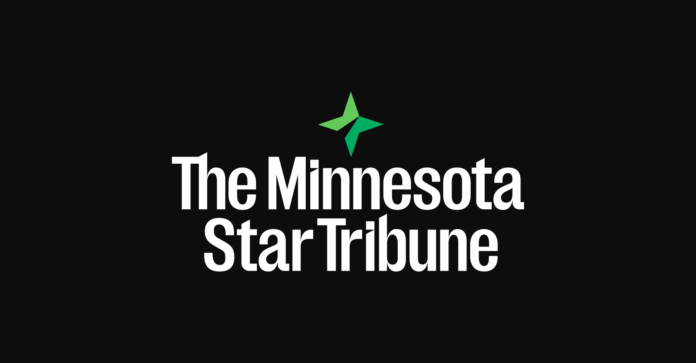Markets showed little reaction to the latest step toward ending the U.S. shutdown, after the Senate passed legislation to reopen the government.
Shares have been bouncing on criticism that tech share prices have shot too high due to the mania for artificial intelligence, which some have likened to the 2000 dot-com bubble that ultimately burst.
The U.S. dollar climbed to 154.15 against the Japanese yen, from 154.14 yen, near its highest since February. Expectations that the government will push back its schedule for trimming Japan’s huge national debt and boost spending have helped to weaken the yen.
South Korea’s Kospi, recovering from last week’s fell below the 4,000 level, initially rose more than 1% but finished up 0.4% at 4,087.56.
Big Tech and other superstars of the U.S. stock market got back to rallying on Monday, and Wall Street recovered most of its loss from last week.
Nvidia was by far the strongest force lifting the market and leaped 5.8%. It was a powerful rebound after Nvidia and other winners of the frenzy around artificial-intelligence technology led last week’s drop. Critics say their stock prices shot too high and too fast in the AI mania, drawing comparisons to the 2000 dot-com bubble that ultimately burst.
Drops for several health insurers helped keep the market’s gains in check. They fell as uncertainty remains about whether Washington will extend expiring health care tax credits, a sticking point on Capitol Hill that’s created the longest-ever shutdown for the U.S. government.
Elsewhere on Wall Street, Berkshire Hathaway slipped 0.4% as its CEO, famed investor Warren Buffett, warned shareholders that many other companies will fare better in the decades ahead because of Berkshire Hathaway’s massive size. Buffett, 95, is set to step down in January.
Roughly four out of every five companies in the S&P 500 that have so far reported their results for the summer have also topped analysts’ profit expectations, according to FactSet. Companies usually beat analysts’ estimates each quarter, but the pressure was high this time around because they needed to justify the big moves upward for their stock prices since April.
It’s up to the U.S. Supreme Court and Congress to decide when full payments will resume under the SNAP food aid program that helps 1 in 8 Americans buy groceries as the financial pressures mount on families in some states.
Air travelers could face more frustration as busy U.S. airports need to meet a higher Federal Aviation Administration target for reducing flights Tuesday after already canceling thousands to scale back demands on the nation’s aviation system during the government shutdown.



